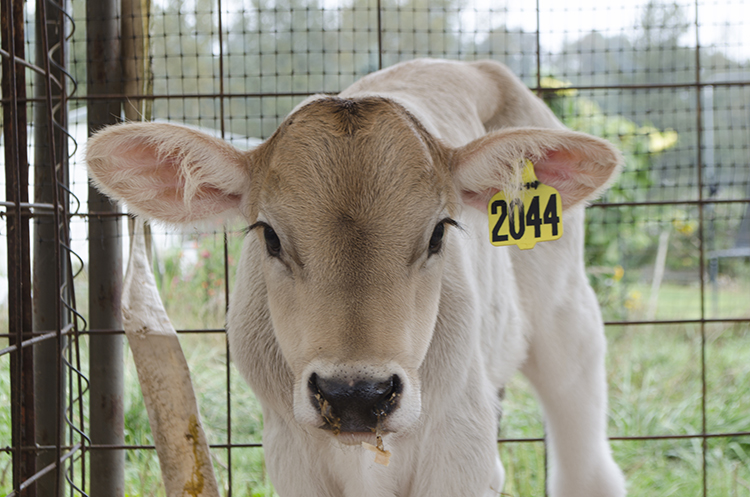
Likened to a sieve, the digestive tract of a newborn calf lets in everything in its environment. Immunoglobulins, nutrients, and bacteria alike have free rein in the digestive tract of the young animal.
“There are many holes in the gastrointestinal (GI) immune system for the first few weeks,” Texas Tech’s Michael Ballou explained at the recent Penn State Dairy Cattle Nutrition Workshop. His presentation focused on what producers can do to help fill those holes.
“There are a lot of different ways to approach improving GI tract immunity, but nutrition is especially important because it applies support directly to where the problem is — the GI tract,” he explained.
That support can come in several different forms, including yeast additives, direct-fed microbials (probiotics), butyric acid, and more.
According to Ballou, the future of gut immunity belongs to mannan oligosaccharides and beta-glucans, which come from yeast cell walls. Both of the yeast derivatives and probiotics help to outcompete potential pathogens for establishment in the gut. Probiotics have been shown to reduce whole-body inflammation.
Butyric acid works a little bit differently as research shows it serves as an energy source for epithelial growth and may help regulate immune responses.
Each of these solutions offers assistance to the gut, but well-handled, nutritious colostrum and a clean environment can take the calf a long way in naturally establishing strong immunity.
As far as additives go, Ballou explained the best option is still hard to determine and reminded producers to beware when combining assistance methods so as to avoid redundancy or antagonism.
“Do something, and do it well,” he challenged the audience. “Know what’s included in a treatment, and make sure it does something.”
To comment, email your remarks to intel@hoards.com.
(c) Hoard's Dairyman Intel 2016
November 28, 2016







